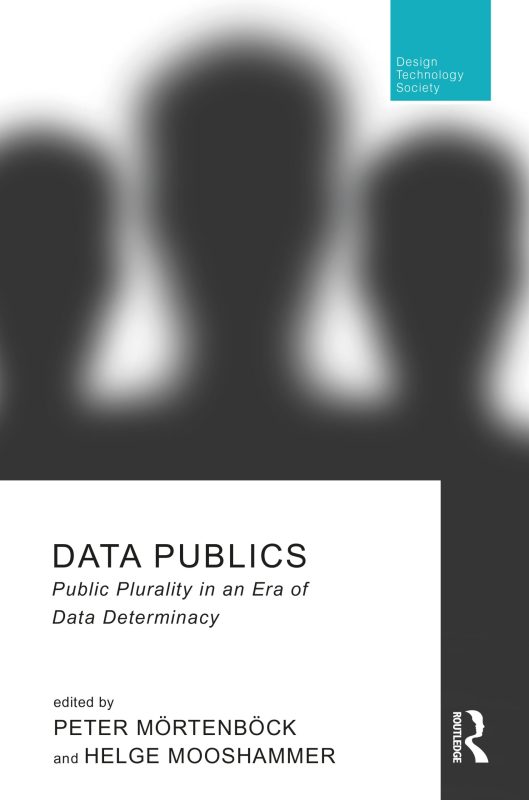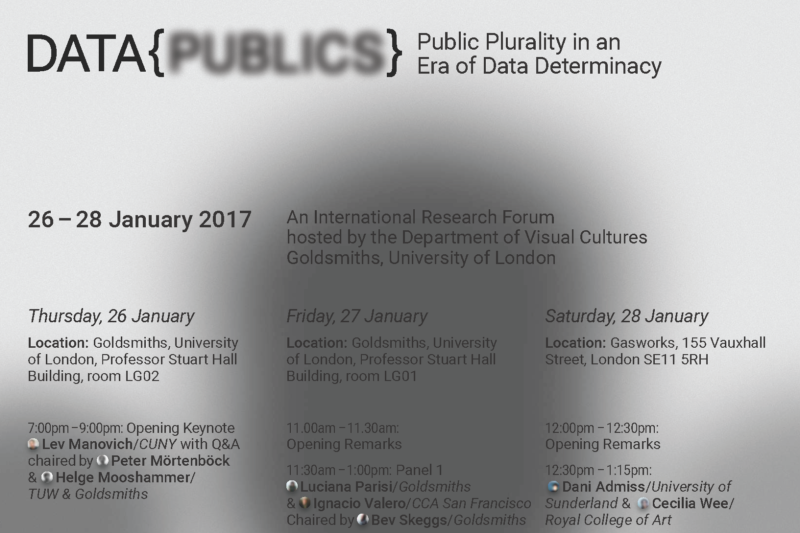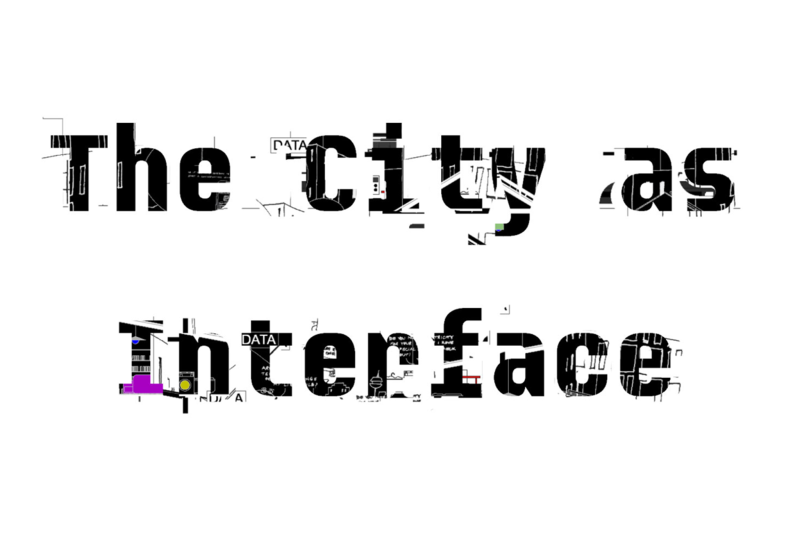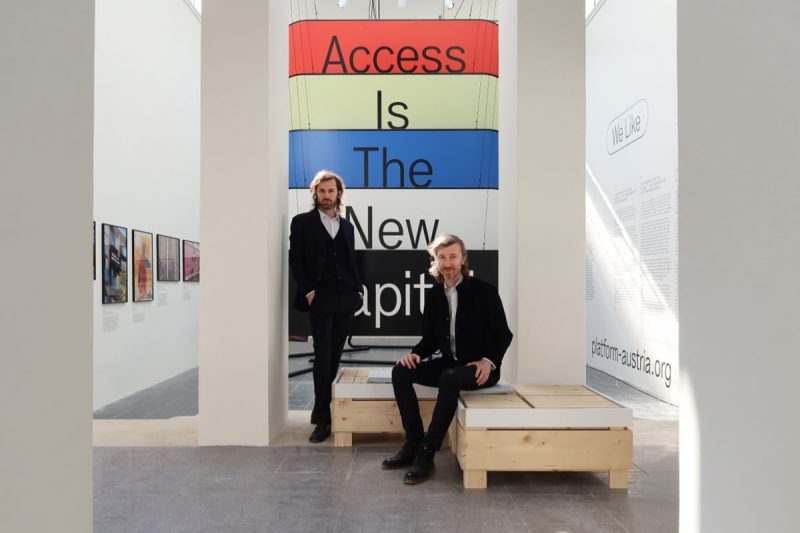- FWF
- 2016-2021
DATA PUBLICS
Today, the acceleration of data constitutes one of the most powerful transformative forces, radically changing both the ways we live our daily lives and how the world operates globally. In many everyday arenas, we take advantage of the expanded possibilities and increased speed with which we can connect, exchange and interact beyond our immediate physical environment.
Yet, besides improved convenience and heightened enjoyment, one of the most dominant experiences accompanying this change is the one of fear. Fear of malign forces accessing our inner privacy. Fear that arbitrary interests take control of our movements, thoughts and choices, without us ever being aware of it. At the same time, there is rising anxiety about the uncontrollability of the digital sphere whose incessant growth seems to escape every established mode of governance.
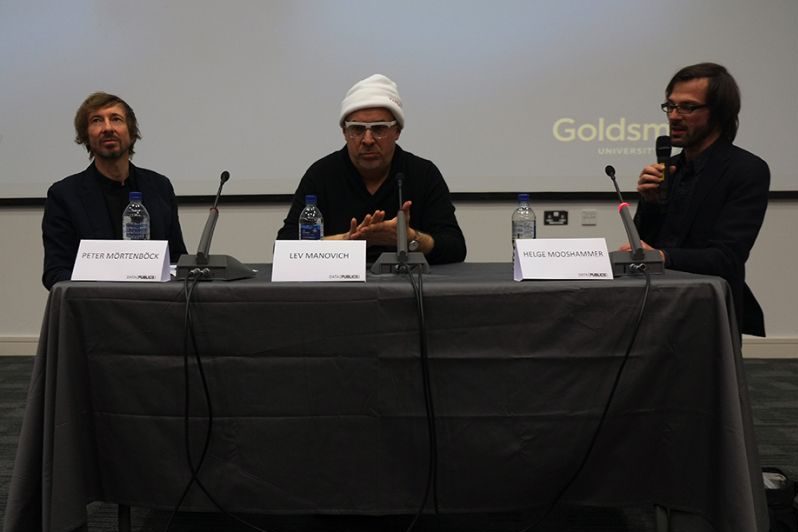
Data Publics international research forum, Goldsmiths, London, 2017
PUBLIC PLURALITY IN AN ERA OF DATA DETERMINACY
Unsurprisingly, much of the current debate about the public dimension of data spheres is dominated by questions of control. Mounting calls for users of digital platforms to start policing content themselves point towards the complexities in the constitution of “data publics”. While modernist concepts of the public sphere have been strongly informed by spatial analogies, foregrounding a physically tangible division between the public and the private, between rights of ownership, control and usage, the public sphere of data can no longer be comprehended in similar terms – as a static, albeit progressively opaque, environment, which we simply traverse. Increasingly “user-generated”, today’s data publics bring with them a profound blurring of the capacities, roles and motivations of different actors. Traditional power apparatuses of national governments are confronted with the global reach of digital providers. Citizens become enlisted in the self-servicing of the social, cultural and infrastructural fabric of societies. Affective capital such as desire and identification, fear and rejection turns into the most powerful force in determining the fate of new technologies and their associated economies.
The public of these new data publics is thus a multi-faced figure. In that it is implicated in its own generation, conventional political paradigms such as the protection of rights or the division and demarcation of powers fall short when it comes to engage the dynamic realities of the digital realm. Departing from this much more active participation of today’s populations in data generation and the shaping of new public spheres, our arts-based initiative seeks to explore the political implications of hybridised data environments, in which individual, commercial and governmental agendas and actions become increasingly blurred. Embarking on theoretical and artistic explorations, this research, first, asks about the impact of a “data mentality” on our expectations and articulations of public spheres (e.g. the emergence of data capitalism); second, it will experiment with new visual and cultural modes of transgressing the strangling binary of fearing or demanding control of the digital public realm (e.g. experiments with data appropriation or refusal, development of navigational tools); and third, it will speculate about new models of governance in the wake of self-generating data publics (e.g. bottom-up digital infrastructures).
Given the relevance of “the public” for this topic, the project employs a range of public formats of research and exchange, including public research forums bringing together a roster of seminal and provocative voices in the field, artistic experiments and exhibitions as well as numerous dissemination channels such as print and online publications, podcasts and news channels on social media.
Project director
Prof Dr PETER MÖRTENBÖCK
Team
Dr HELGE MOOSHAMMER
CARMEN LAEL HINES
LOVRO KONCAR-GAMULIN
BILAL ALAME
CHRISTIAN FRIESS
BOJAN IKIC
RUTH KÖCHL
Funded by
AUSTRIAN SCIENCE FUND (FWF): AR 371
ARTS-BASED RESEARCH
